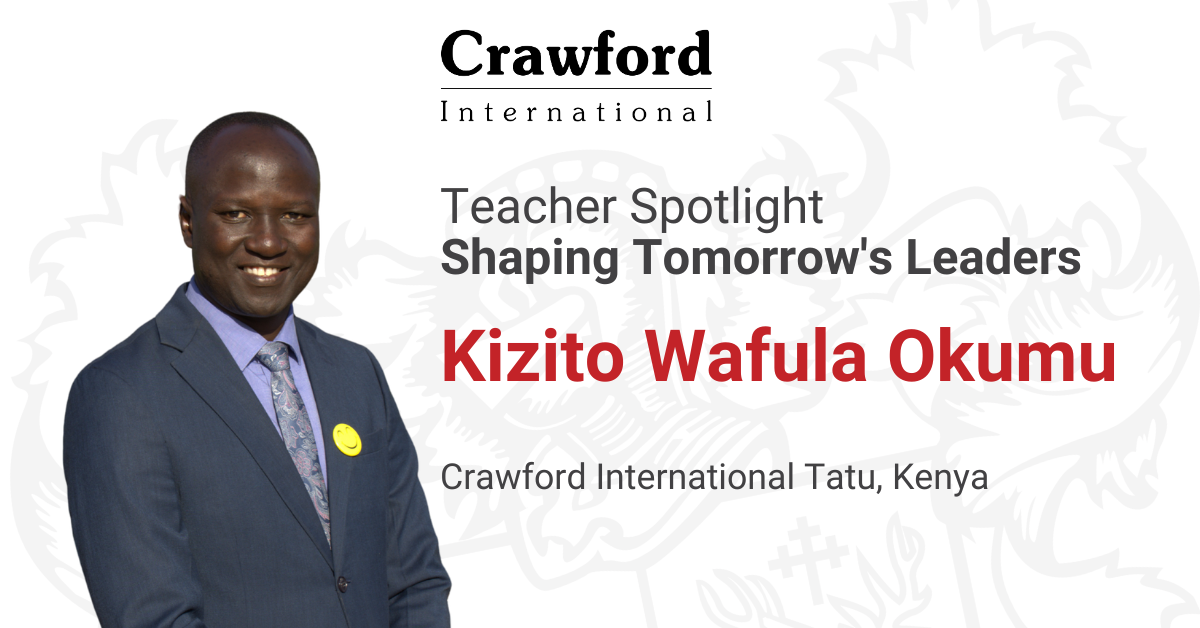Parentification: How to spot the warning signs
May 26, 2023
When the roles in a parent-child relationship are blurred, it has some serious side effects.

The roles in a parent-child relationship are generally quite clearly defined – the parent is responsible for taking care of the child and their needs, while the child’s role is to grow and develop in order to thrive. But when these roles are reversed or blurred, when a child takes on grownup responsibilities or acts as a ‘caregiver’ in the home, or a parent relies inappropriately on their child, a phenomenon called parentification can happen.
And this can have long-lasting effects. Children who are parentified are required to grow up very quickly, to assume adult responsibilities and a grownup outlook on life and learn that their needs always come after the needs of others.
How does parentification of a child happen?
While it’s usually not something that is done purposefully, parentification happens when instead of providing unconditional emotional and practical support – such as love, affection, shelter, food, routine – a parent relies on the child for this. Essentially, the child is required to fulfill responsibilities that don’t ordinarily fall onto children. This could include anything from being a primary caregiver to siblings to earning money for the household, cleaning the house, mediating conflicts, or keeping a parent’s secrets from another parent.
This is very different from healthy age-appropriate chores and tasks that build a child’s sense of confidence, or you’re ill for a couple of days and things in the home are a bit topsy turvy as a result. Parentification happens when these inappropriate expectations and parental responsibilities are consistently put onto a child.
This is also more likely to happen when a family is experiencing high levels of stress, and where a parent is struggling to perform their parental duties. Circumstances in the home that contribute to parentification can include:
● Mental illness
● Alcohol or drug abuse
● Divorce or constant conflict
● Financial instability
● Ongoing neglect
● Disability or illness
● Abuse of any kind.
Sometimes a parent could be spending many hours away from home, working to meet the family’s financial needs. Or, for example, a child is told, “You’re the man of the house now,” when a father passes away.
What are the signs of parentification?
There are two types of parentification: parent-focused or sibling-focused, and either can be instrumental or emotional, or both. However, in all cases of this, the child’s responsibilities are age-inappropriate and excessive.
Parent-focused parentification happens when the parent benefits most from these expectations. For example, the child manages the family’s finances, is the parent’s confidant, or acts as a mediator in conflicts.
Sibling-focused parentification is when the child has age-inappropriate duties in caring for their siblings. For example, they are the primary caregiver and are expected to feed, bathe, clothe, groom, and comfort their brothers and sisters, or younger extended family members, on a daily basis. This could also happen when a sibling requires extra care due to illness or other special needs.
In emotional parentification, the child provides emotional support to the parent but doesn’t receive the same. Here, a parent may be confiding in their child or looking for emotional support. They may even pull the child into their arguments, forcing the child to take sides. The child may be required to offer emotional comfort to family members or give advice on grownup issues. The parent could also be relying on the child to talk through or about adult issues, such as dating, intimacy, depression, and venting about the other parent.
Instrumental parentification Has to do with practical duties, such as cooking food, shopping, getting siblings ready for school, making doctor’s appointments. Essentially, these are tasks that a child is required to do even when they are not yet old enough to do so – or even understand them.
Any of these will affect a child, and you may see these signs (which they didn’t exhibit before):
● Depression
● Anxiety
● Hyperactivity
● Disruptive or antisocial behaviour
● Aggressions
● Avoiding social situations, or isolating themselves
● Feeling shame or guilt
● Substance abuse
● Physical symptoms, such as headaches, nausea, fatigue.
Parentification is a serious issue but unlikely in most cases. If you’re worried that your parent-child relationship is unbalanced, ask yourself: whose needs are being met here, and are the expectations age-appropriate? And if you do feel like this could be happening in your relationship with your child, reach out to your family doctor, your child’s life orientation teacher, or a psychologist in your area. While the long-term effects of parentification are serious and, in the large part, negative, there is always hope that you can work on restoring a healthy parent-child connection in which your child can thrive.












